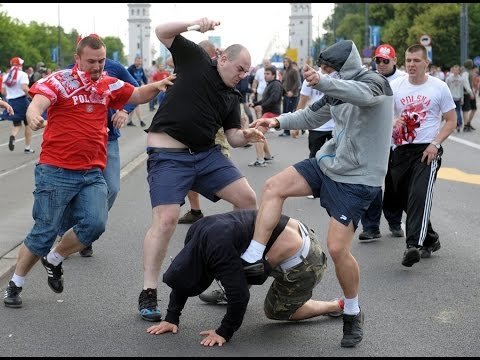After the abolition of feudalism in 1871, Japan hastened to create an industrial monster that quickly exceeded the very few natural resources of the country. The inertia generated by the machines dragged the Japanese into a militaristic spiral that only a major defeat could stop.
In 1895 they annexed Taiwan, in 1905 they defeated Russia and in 1910 they invaded Korea to seize large amounts of coal. To save Japan from the effects of the Great Depression the Imperial Japanese Army occupied Manchuria in 1931, giving the Japanese industry access to its numerous natural resources of iron, aluminum, coking coal, soybeans and salt.
In 1933 Japan occupied the Chinese province of Jehol and initiated a large-scale warfare in 1937 that alarmed the international community. Following the clash with the Soviets in Nomonhan, Japan lost access to oil concessions from Northern Sakhalin.
When France capitulated in June 1940, Japan moved into Northern French Indochina and the U.S. Administration reacted by banning the export of essential defense materials: aviation motors, high-octane aviation fuel, lubricants, iron and steel scrap. The embargo was expanded in July 1941 to all grades of oil and the British and the Dutch followed suit, embargoing exports of copper, tin, bauxite, rubber and petroleum to Japan from their colonies in Southern Asia. The Allies were putting Japan in an untenable position that would force oil-starved Japan to seize the oil fields of the Dutch East Indies.
To do this, the Imperial Japanese Army (IJA) should neutralize the powerful British defenses in Singapore and the Imperial Japanese Navy (IJN) should make landings in the Philippines defended by the Americans. The war would be inevitable, the Allies knew, but they did not expect the attack to succeed and were surprised when only 17 Mitsubishi G4M bombers from the IJN Genzan Kokutai managed to sink two of the most modern British battlecruisers in a few minutes.



